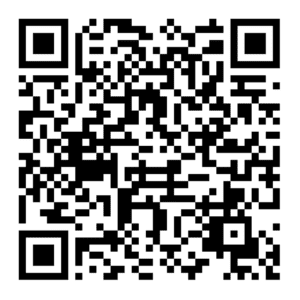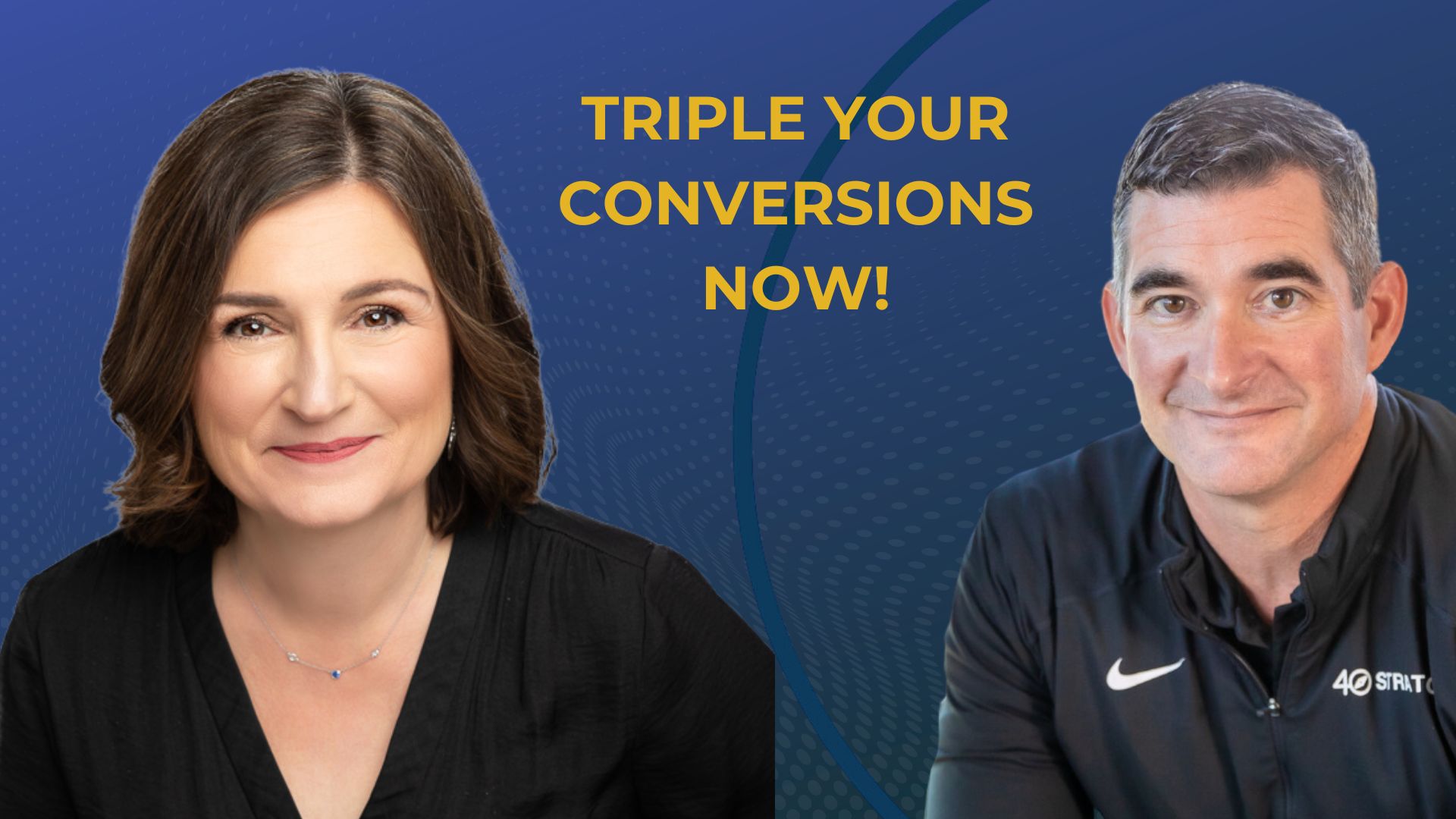
How Extreme Ownership Transforms Leadership and Drives Success
Welcome to this episode of the $4M Strategies™ podcast, where Carl J Cox delves into powerful leadership insights from the best-selling book Extreme Ownership by Navy SEALs Jocko Willink and Leif Babin. Extreme Ownership has gained a strong reputation in the business world for its no-nonsense approach to leadership, accountability, and teamwork. Today, we’ll explore the first four principles of Extreme Ownership and how they can bring practical, results-oriented change to any business.
From “Discipline Equals Freedom” to “Cover and Move,” these core principles reveal a leadership style that values accountability and teamwork over control. They show us that success in any mission—whether on the battlefield or in the boardroom—depends on having the right mindset and approach to tackle challenges, make decisions, and drive forward as a cohesive team.
What You’ll Learn in This Episode:
- How discipline unlocks freedom and increases productivity.
- The role of decentralized command in empowering teams.
- The importance of prioritizing and executing effectively.
- How the “Cover and Move” approach supports collaboration.
Let’s break down each of these principles and see how they apply directly to the business world.
-
Discipline Equals Freedom: Building Productive Habits
The idea that “discipline equals freedom” may seem counterintuitive. How does imposing structure lead to greater freedom? In reality, discipline is the foundation of effective time management and focus. When leaders and teams commit to disciplined practices, they are better able to manage their tasks and create space for new opportunities.
Think of it as developing habits that allow you to get work done efficiently. As Jocko Willink demonstrates with his 4:30 AM wake-up routine, maintaining consistent habits builds discipline that keeps you on track. In business, this discipline allows teams to achieve more, reduce stress, and avoid last-minute scrambling. Leaders who value discipline foster a culture where freedom comes through organized, intentional work.
How to Apply This Principle:
- Start with small, consistent habits that can build discipline.
- Schedule tasks in advance and aim to complete them ahead of time.
- Encourage teams to stay focused by minimizing distractions and setting clear goals.
-
Decentralized Command: Empowering Teams to Lead
A central theme in Extreme Ownership is decentralized command, which involves empowering team members to make decisions within their area of expertise. In a business setting, this means that leaders don’t need to micromanage every aspect of the project. Instead, they empower others to take ownership of their roles, make decisions, and drive results.
By distributing authority, leaders can avoid bottlenecks and create a faster decision-making process. For instance, decentralized command played a critical role in the success of D-Day operations during World War II. Soldiers were able to make quick adjustments in the field without waiting for top-down orders, and this flexibility was crucial to their success.
How to Apply This Principle:
- Trust your team to make decisions in their areas of expertise.
- Set clear objectives but allow flexibility in how to achieve them.
- Encourage team members to take responsibility for outcomes.
-
Prioritize and Execute: Focusing on What Matters
“Prioritize and execute” is all about focusing on the most important tasks first. In business, it’s easy to become overwhelmed by competing demands. Leaders who practice this principle know how to evaluate priorities and choose the actions that will have the greatest impact.
The idea is to resist the urge to address everything at once. Instead, focus on the tasks that move you closer to your strategic goals. In challenging situations, prioritizing becomes even more critical as it helps leaders and teams maintain clarity, reduce stress, and work methodically toward success.
How to Apply This Principle:
- Start by identifying tasks with the highest impact on your goals.
- Break down large projects into smaller, manageable steps.
- Keep a list of priorities visible to stay focused during busy times.
-
Cover and Move: Supporting Each Other for Greater Success
The final principle covered in this episode is “cover and move,” which focuses on teamwork and mutual support. The concept comes from military tactics, where one part of a team provides cover while the other advances. This strategy ensures that every member of the team is supported and protected.
In a business context, cover and move means eliminating silos between departments and creating alignment on shared goals. By working together, departments like marketing, sales, and operations can support one another rather than working at cross purposes. Effective collaboration allows each team to move forward and accomplish shared goals, improving efficiency and reducing friction.
How to Apply This Principle:
- Foster open communication between different departments.
- Align team objectives to work toward common business goals.
- Ensure that each team understands how its work supports others.
Putting It All Together
Extreme Ownership is about more than just individual leadership; it’s about creating an environment where every team member can thrive by taking responsibility and supporting one another. By implementing these four principles—Discipline Equals Freedom, Decentralized Command, Prioritize and Execute, and Cover and Move—you can transform your leadership approach and empower your team to reach new heights.
Action Steps for Leaders:
- Encourage disciplined habits in your team.
- Empower others by decentralizing command.
- Focus on priority tasks that drive strategic goals.
- Build a supportive, collaborative team culture.
Tune into the full episode of the $4M Strategies™ podcast to explore each of these principles in-depth and learn how you can start applying Extreme Ownership in your business today. Whether you’re managing a small team or leading a large organization, these strategies are designed to drive results and create a culture of accountability and success.
Start now!
Listener Feedback:













